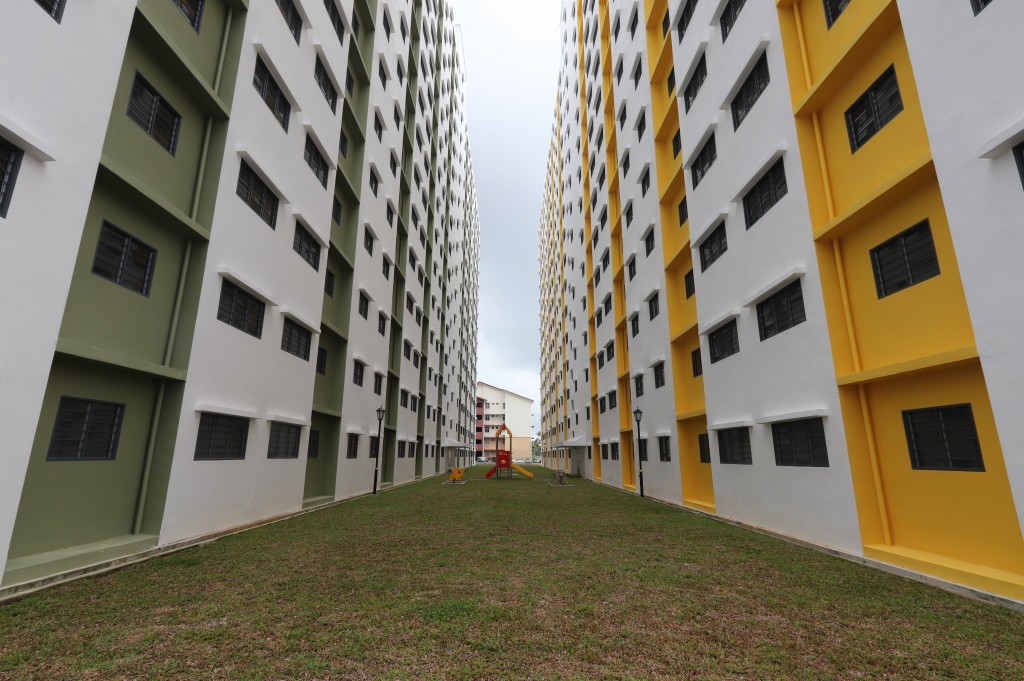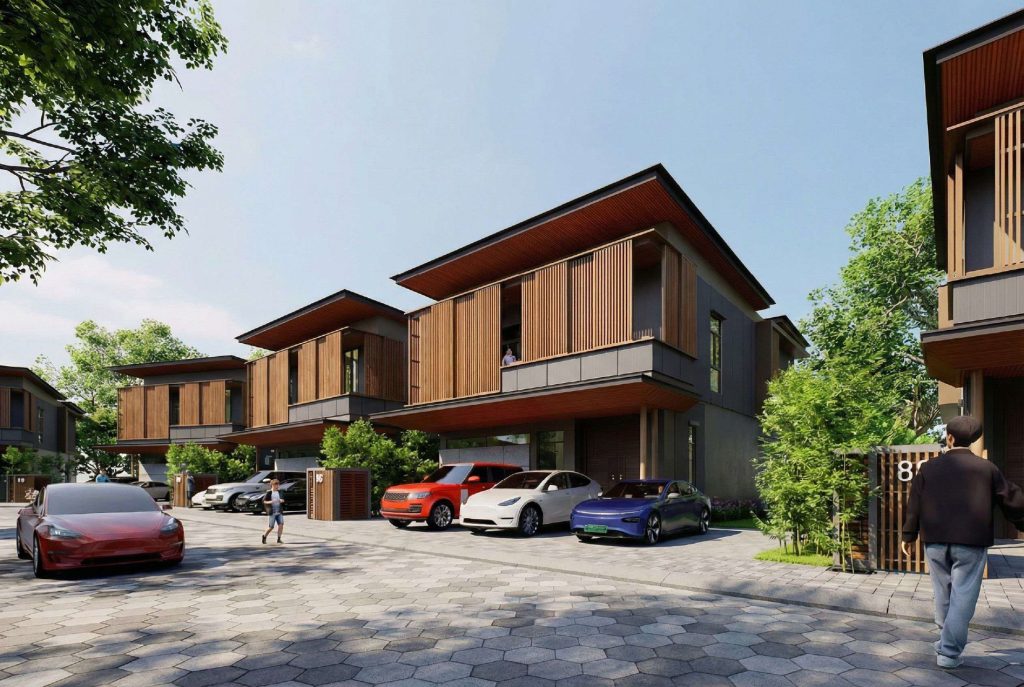Addressing the housing challenges in Malaysia
By Samantha Wong
The rapid urbanisation and population growth in Malaysia has given rise to a housing imbalance crisis. The onset of the Covid-19 pandemic exacerbated this issue as rising prices and labour shortages amplified economic challenges, further aggravating the housing disparity.
Back in 2018, affordability emerged as a major housing concern as both the government and property developers struggled to meet the demands of the Bottom 40 (B40) income group. Scarce household resources and limited access to credit posed substantial barriers to achieving housing equity among marginalised communities. These socio-economic discrepancies not only intensified inequality but also had far-reaching implications for healthcare, education, and employment opportunities.
Lawyer Chris Tan from Chur Associates highlighted that the market's offerings failed to meet the diverse needs of the population. The available products in the market were insufficient, and the affordable range provided by private developers was not suitable, he emphasised. “Most of the B40 have no access to financing because conventional bank terms do not meet their needs,” he said.
According to a paper authored by Muhammad Bilal from the General Council for Islamic Banks and Financial Institutions (CIBAFI), along with Ahamed Kameel Meera and Dzuljastri Abdul Razak from the International Islamic University Malaysia, existing home financing programs do not cater to individuals unable to secure long-term credit. This often forces them to seek loans from high interest rate lenders.
Their paper advocates for the use of the Islamic Public-Private Housing Co-operative Model (IPHCM), which focuses on the behavioural intentions of low and middle-income households. This model is posited as an alternative to address the challenges posed by affordable public housing initiatives.
CBRE WTW chairman Foo Gee Jen called upon the government to carefully assess wages, prices, and inflation to ensure affordable housing for all Malaysians. Amid global uncertainty and the mounting cost of living pressures, such efforts are crucial to prevent the deepening of societal inequalities. Households have experienced reduced disposable income while developers grapple with escalated material and labour expenses resulting from the pandemic.
“The issue of land bank depletion in KL, Selangor and Penang will force the public to pay more for landed properties. Hence, landed real estate is expected to remain resilient this year,” warned CBRE WTW managing director Tan Ka Leong. Consequently, the landed real estate market is projected to remain resilient this year.
Conversely, the high-rise housing sector faces challenges in 2023. An oversupply of high-rise developments, coupled with an average price decline of 19% in KL alone, has led to an imbalance in the demand-supply equation within this segment.
Stagnant wage growth has contributed to declining housing affordability, Foo noted. “There must be greater equality between the growth in income and prices. To become a high functioning society, the output of workers must be reflected in their wage growth,” he said.
Malaysia's population has steadily increased, particularly in urban regions. The influx of rural-urban migration combined with post-Covid government stimulus-induced foreign investments has elevated the demand for city housing and urban expansion.
Cities like Johor have responded by expanding outward to accommodate the growing population, encroaching on agricultural lands and raising concerns about environmental degradation and traffic congestion.
To support private developers in fulfilling their 30% affordable housing quota, the government has introduced cement subsidies this year. However, Real Estate and Housing Developers’ Association (Rehda) president Datuk NK Tong called for the government to take full responsibility for providing affordable housing. Regardless of the approach, the welfare of the people must remain paramount.
Budget 2023's policies aimed at promoting home ownership among low and middle-income earners, including stamp-duty exemptions and allocations under the Housing Guarantee Credit Scheme, were lauded as positive steps.
The government has also been urged to reevaluate compliance costs to alleviate the financial burden on both developers and homeowners. Elevated compliance costs inevitably lead to higher development expenses, ultimately passed on to buyers. This increased pricing can disproportionately affect lower-income individuals.
Moreover, attention should be directed toward rent control policies, particularly in the context of exorbitant city property prices. Implementing such policies could alleviate the financial strain on low-wage earners.
Enhancing urban planning methods to focus on mixed-use properties that reduce urban sprawl is also imperative. Alternative housing models like co-homes and Small Office, Home Office (SoHo) spaces encourage communal living, enabling cost-sharing and optimising limited land resources to enhance accessibility for various income segments.
In conclusion, the property market is anticipated to sustain its recovery momentum. However, the pace of recovery hinges on gradual improvements in income, business conditions, and the implementation of suitable policy measures. As the population continues to grow alongside urbanisation, the housing supply-demand gap will persist. A collaborative effort between the government and the private sector is essential to drive significant recovery and ensure a balanced housing landscape.
Stay ahead of the crowd and enjoy fresh insights on real estate, property development, and lifestyle trends when you subscribe to our newsletter and follow us on social media.





















































